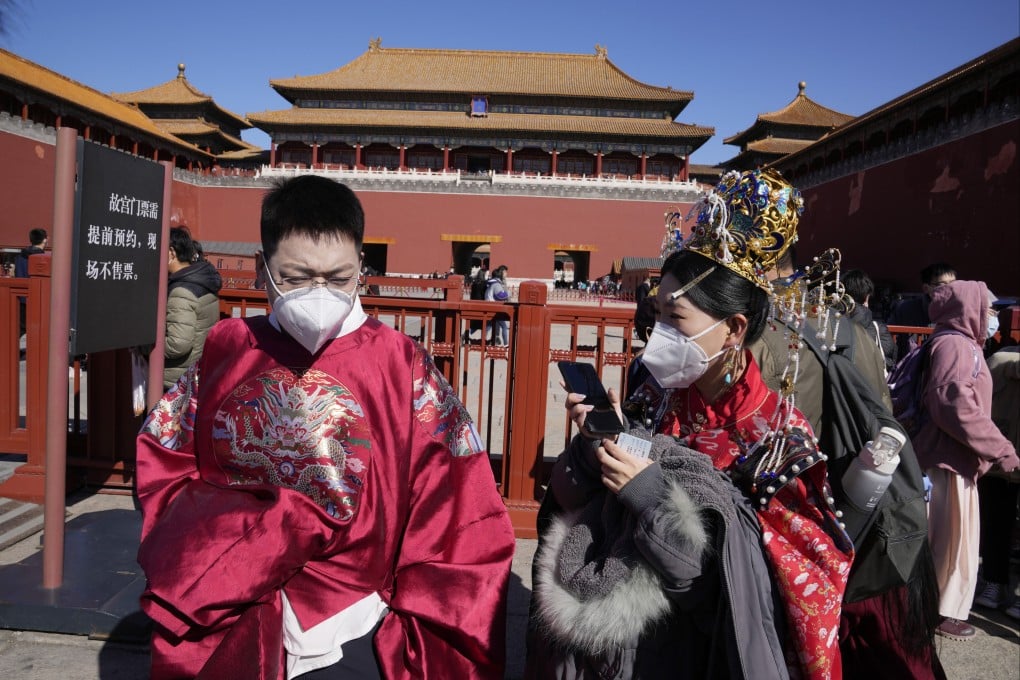China to stick with zero-Covid policy, but the rules may be ‘refined’, premier says
- ‘Routine’ pandemic control measures to continue, Li Keqiang tells NPC, but also hints at adjustments to balance growth needs
- Hong Kong’s Covid-19 crisis could convince central leaders of the risks of easing rules too soon, observer says


It comes amid recent speculation over – and calls for – a change, to resume smooth international exchanges, and ease pressure on the industrial and services sectors, both hard-hit by the tough control measures.
Last month, chief epidemiologist Wu Zunyong of the Chinese Centre for Disease Control and Prevention said several teams were studying to improve the current response, as the stringent measures had left private companies and the self-employed struggling to survive.
Li acknowledged that the service industry, including catering, hotels, retail and tourism, had been dealt serious blows by sporadic Covid-19 outbreaks in the country, but said it was the “timely and effective” handling of the outbreaks that had ensured public safety and health, and maintained the normal order of production and life last year.
